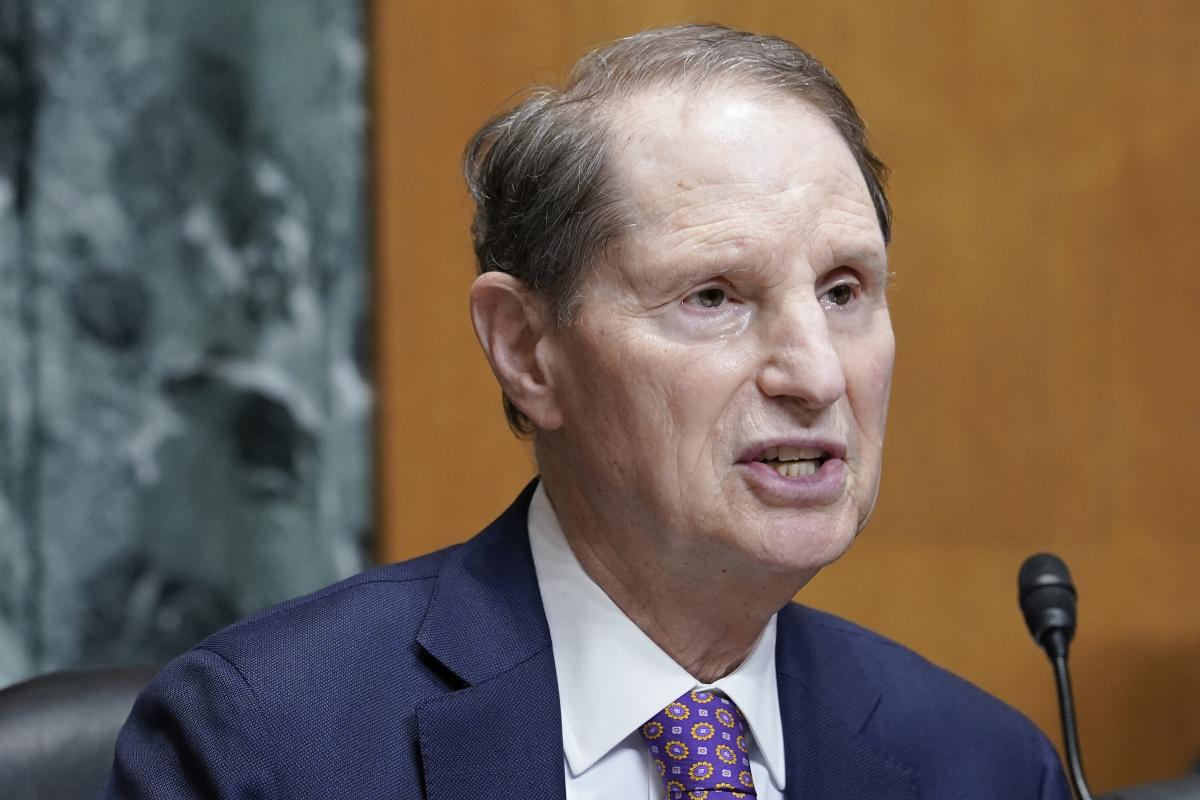
Senate Democrats propose bill to expand Supreme Court and implement reforms
Senate Democrats have introduced legislation aimed at expanding the Supreme Court from nine to 15 justices over a 12-year period. Announced by Senator Ron Wyden (D-OR), the bill also seeks to implement stricter requirements for rulings that overturn laws and proposes mandatory audits of justices’ tax returns. This proposal comes as the 2024 election approaches, with Vice President Kamala Harris expressing openness to changing the filibuster rules.
Wyden's initiative reflects frustration among Democrats regarding the current 6-3 Republican-appointed majority on the court, established during the Trump administration with support from former Senate Majority Leader Mitch McConnell (R-KY). The bill aims to restore balance among the three branches of government by allowing each president to appoint new justices in their first and third years in office.
However, the legislation faces significant hurdles. Republicans, who control the House, oppose efforts to overhaul the court, and some Democrats are hesitant to support such sweeping changes. Critics, including conservative groups, argue that the bill is a politically motivated attempt to "pack" the court. A recent USA Today-Ipsos poll indicates that while there is broad support for an ethics code for justices, only 40% of respondents favor expanding the court.
In addition to expanding the court, Wyden's bill proposes measures to make it more difficult for the court to strike down laws, requiring a two-thirds vote by justices or circuit courts for such decisions. Other Democratic proposals for court reform include term limits for justices and the establishment of an enforceable ethics code, particularly in light of recent ethics scandals involving justices.
The debate over the Supreme Court's composition has intensified, especially following decisions that have become political flashpoints. Wyden's legislation also seeks to address the politicization of judicial appointments by requiring the Senate to vote on Supreme Court nominees within 180 days, to avoid delays experienced in the past.
While Wyden hopes parts of the bill may gain traction, its full passage remains uncertain amid the sharply divided political landscape.
Stichworte







